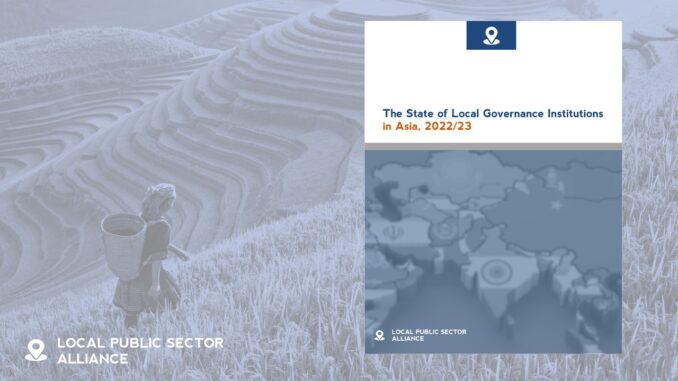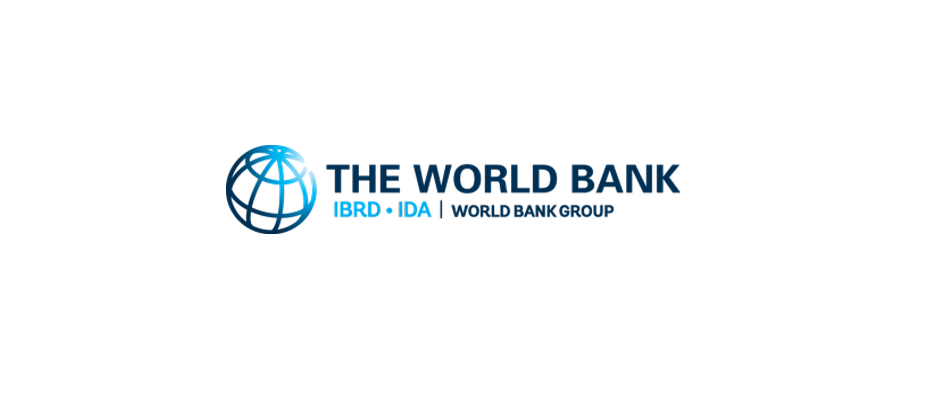
Local governance institutions in different countries can have considerably different features. In some Asian countries, local governance institutions have considerable functional responsibilities, powers, resources, and autonomy, while in other countries, local governance institutions have substantially fewer powers and responsibilities.
Over the next six months, the Local Public Sector Alliance aims to investigate and document the state of local governance institutions in Asia. This effort will be guided by the LPSA Asia Expert Working Group and supported by an NYU Capstone Research Team., and will be done in close partnership with number organizations, including the Asian Development Bank, The Asia Foundation, Oxford Policy Management, Forum of Federations, the World Bank, UNDP, UNCDF, and others.
The objective of the State of Local Governance Institutions (SOLGI) in Asia is twofold.
First, together with its partners, country-level researchers, and the NYU Capstone team, the Local Public Sector Alliance aims to prepare an LoGICA Intergovernmental Profile for every country in the region. This effort will result in a comparative regional assessment of the state of subnational governance institutions in the Asia Region in 2022, providing answers to key issues: what is the territorial-administrative structure of each country? What is the nature of subnational institutions? And what service delivery responsibilities are carried out by subnational governance institutions in each country?
Second, the Local Public Sector Alliance aims to engage in a deeper analysis of multilevel governance and local governance institutions by establishing country-level assessment teams in 5-6 countries in the region. These assessment teams would prepare both an LoGICA Intergovernmental Profile as well as a LoGICA Score Card, which provides a comparative assessment of the five main dimensions of a multilevel governance system and subnational empowerment, including (i) functional responsibilities; (ii) political; (iii) administrative; and (iv) fiscal aspects of subnational governance, as well as (e) inclusive and responsive local service delivery and development. The LoGICA Score Card provides an important indicator of the degree to which regional and local officials in each country are empowered to respond to the needs of their constituents.
It is the ambition of the Local Public Sector Alliance to conduct a State of Local Governance Institutions (SOLGI) assessment in every global region approximately every five years, thereby elevating the global decentralization debate and growing the global community of practice on decentralization and localization.



